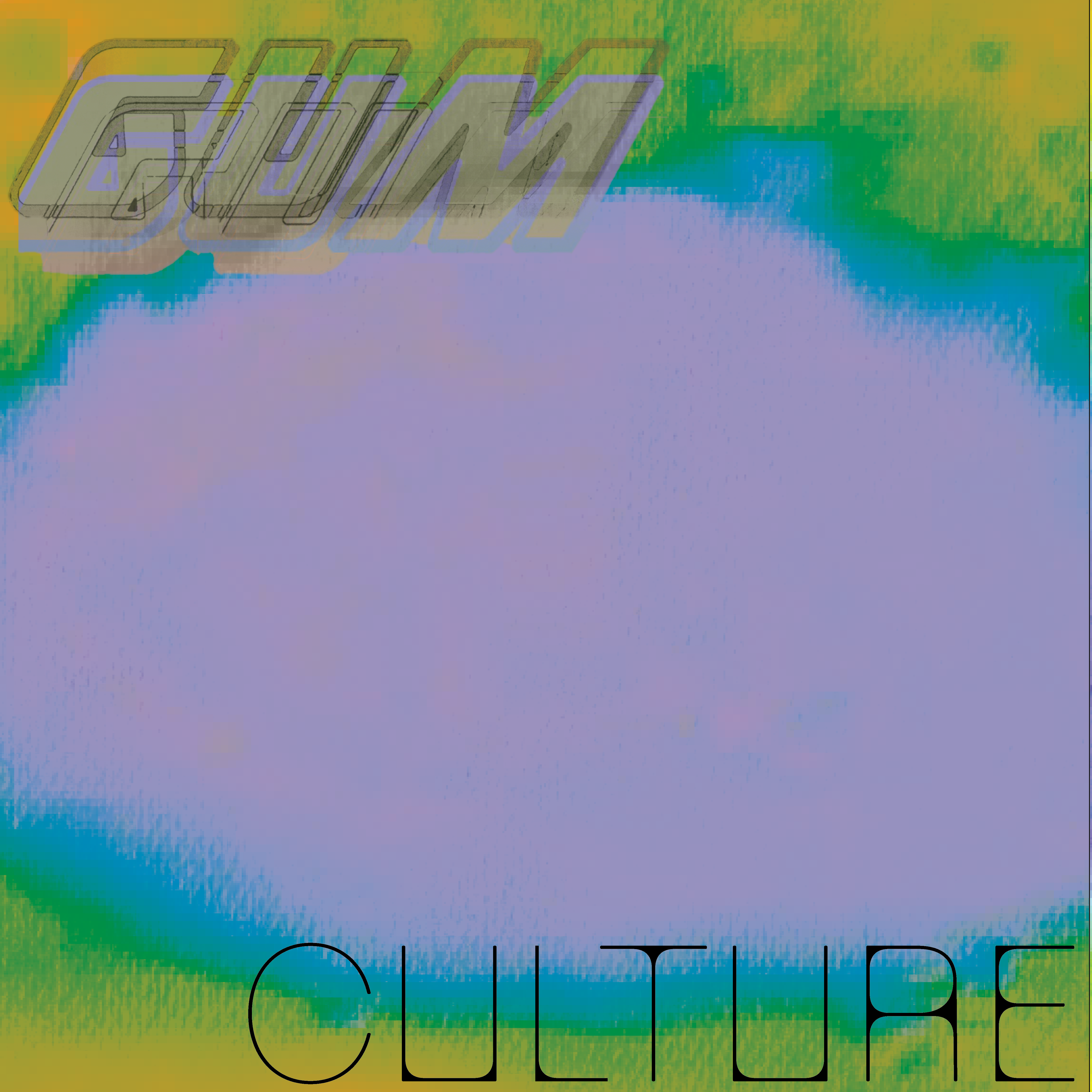Words: Becky Trotter (She/Her)
Glasgow Film Festival kicked off its 2024 edition at the sold-out opening gala with a gut punching thriller that begs the question: how’s that January gym membership doing? Love Lies Bleeding tells the story of Jackie (played by Katy O’Brian), an eager, aspiring bodybuilder who gets tangled up in Lou’s (played by Kirstin Stewart) work and family life – and pants. Rose Glass has once again hit it out the park with this equally squeamish second feature that carries similar possessive worship as in her debut Saint Maud, this time cutting God out and going straight for bodily worship.
What’s clear from the get-go is Glass’ sheer love of genre cinema. Set before her time, Glass accumulates her knowledge of auteurs of the 80’s supporting her depiction of the era. Despite its 1991 release, the link to Ridley Scott’s Thelma and Louise is abundantly clear, in which two female characters escape abusive male antagonists, finding independence and freedom as a result. However, in Glass’s retelling she pushes their journey further, where the first was afraid to go. Not only is the relationship between Lou and Jackie explicitly queer, unlike Thelma and Louise’s “friendship”, but the heteronormative abusive relationship is pushed aside, centring the queer relationship instead. By subverting the audience’s expectation of familiar tropes, Glass adds a contemporary perspective that embraces these women’s sexuality as well as their mullets.
Glass’s Cronenberg-esque use of the body references another 80s cinema staple. In an interview for Variety, she discusses her aim to deconstruct the idea of a ‘strong female character’. Taking this oversimplified trope head on, her satirical amplification of the grotesque body can be seen as a commentary of the industry’s animalistic and thoughtless box-ticking approach to female characters. As Cronenberg’s Videodrome examines his generation’s fascination with sex and violence, Glass seeks to ridicule our current obsession with ‘strong’ women post-MeToo. Jackie is the physical embodiment of masculine strength, her body glorified and worshipped; however, she is entirely dependent on others and dresses feminine. In contrast, Lou’s scrawny frame and masculine clothes carry her quiet but brave character. By mismatching these costumes, characters and bodies, Glass expresses a tendency to oversimplify ‘strong’ women, instead creating complex characters.
Glass also draws from classic American crime films, both queer and straight. The violence in Bonnie and Clyde seeps into Glass’s film with comedic timing: every brutal act is rewarded, reflected in Lou’s exasperated remarks and slapstick physicality. In these moments, the film takes its foot off the gas to allow for a breather, before pushing its audience back into the trenches. Such breathers also recall our queer sexy crime couple, Corky and Violet in Bound. Their relationship, much like that of Jackie and Lou’s, unapologetically owns its queerness: these characters are not determined by their sexuality as much as the complexity of their morality. This provides a refreshing change from the abundance of queer coded villains, or on the other end of the spectrum, queer tragedies in which the characters are punished for being gay.
The complex characterisations of Lou and Jackie are a queer take on the rise of neo-noir thrillers. With the success of Nicolas Winding Refn’s Drive came a neon-noir renaissance, putting the shady characters back in the centre of stories. Glass models the protagonists in the same vein, along with a reminiscent, heavy use of night-time neon cinematography and electronic music to relay the seedy setting.
As you can tell, Rose Glass has played right into my court, due to her amalgamation of classic genre cinema with a queer contemporary twist. Love Lies Bleeding refreshingly follows through on what her predecessors were afraid to do with queer coded characters. It doesn’t hold back on the gory body horror, instead indulging in it in a way that doesn’t come across as objectifying and manages to avoid the sexploitation genre altogether. The queer characters are as developed and morally complex as those in their intertexts: Jackie and Lou are not solely defined by their queerness nor punished for its existence. Benjamin Lee’s Guardian review criticises its similarity to its precedents, commenting that ‘their sexuality and gender does very little to differentiate an age-old story’. However, I think that’s what’s most innovative about the film: when has “be gay, do crime” ever not been a good thing?

